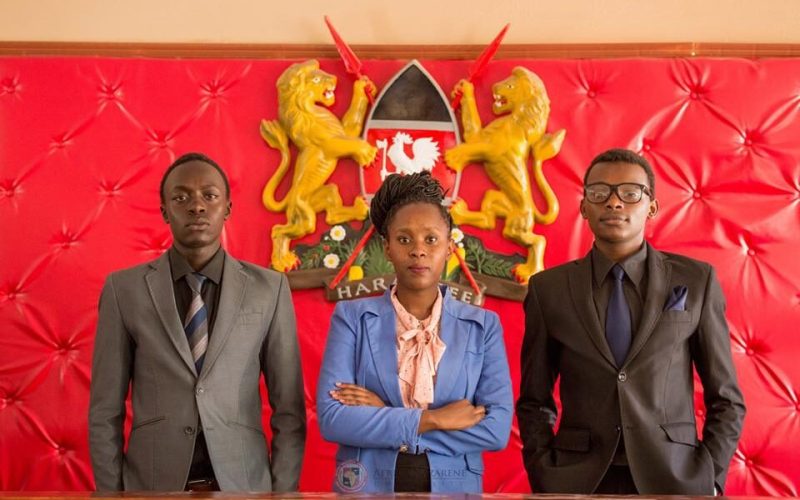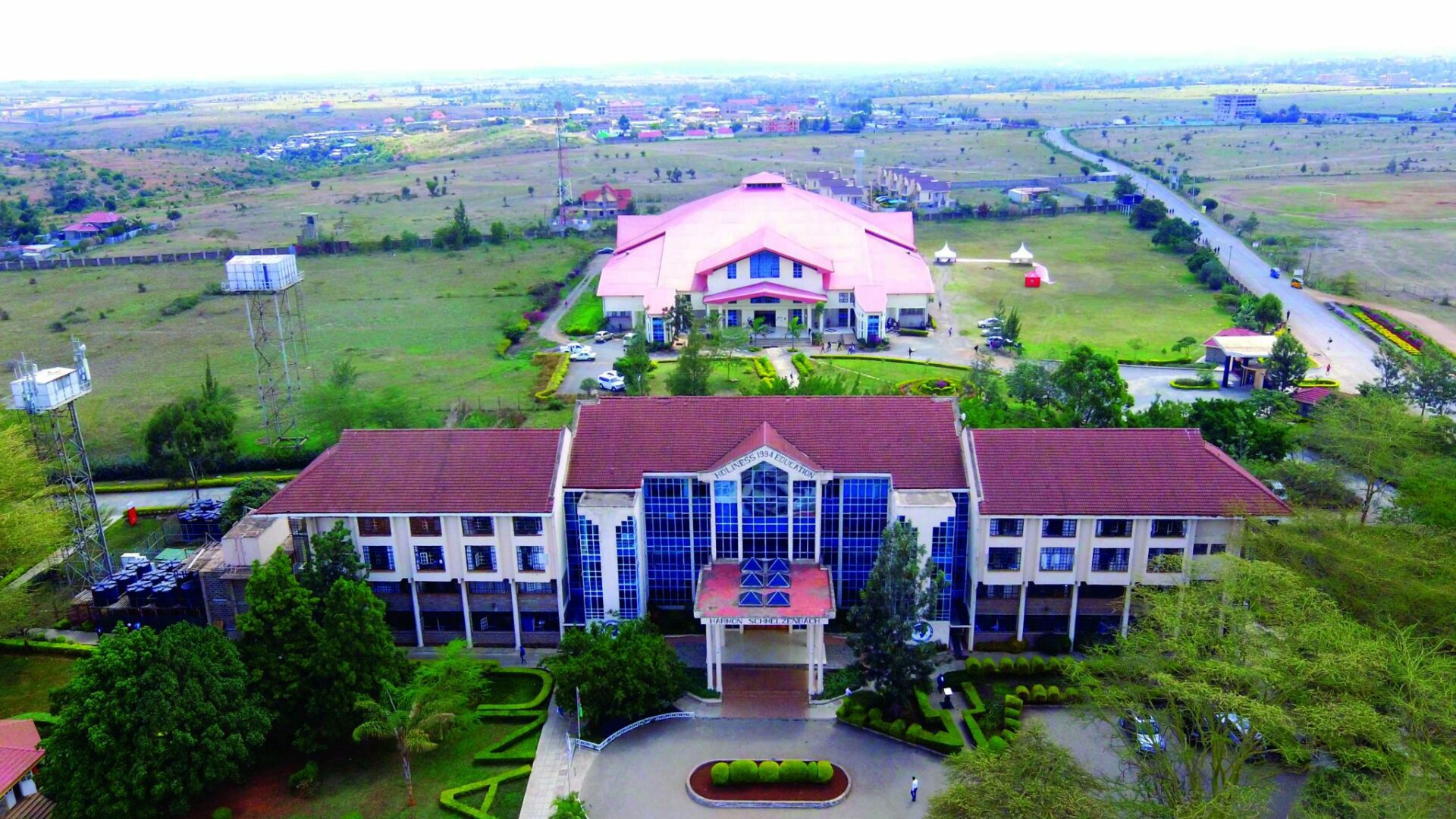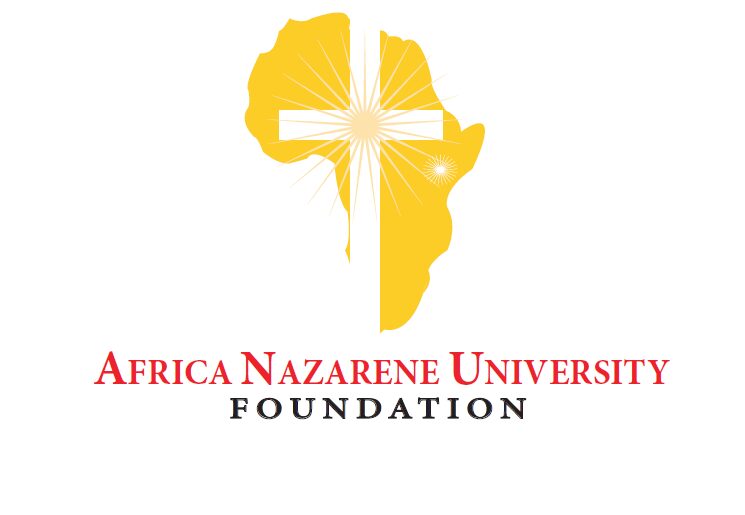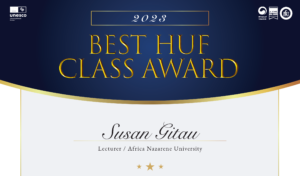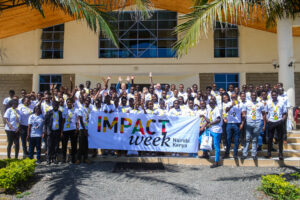ANU Programs & Majors
All Programs
Description of the Program
Strategic Environmental Assessment (SEA) is a formal and systematic process to analyze and address the environmental effects of policies, plans and programs and other strategic initiatives. SEA as a tool for environmental sustainability has developed over time dating back to the 1969 enactment of the National Environment Policy Act (NEPA) in the USA.
The Act recommended the introduction of certain aspects of SEA within Environmental Impact Assessment (EIA) practices. However, SEA more strongly emerged in the 1990s and now has spread worldwide. In 2001, the EU established SEA directive 2001/42/EC requiring an evaluation of new policies and programs through SEA.
SEA is relatively new in Kenya. The Environmental (Impact Assessment and Audit) Regulations, 2003 provides for all public Policies, Plans and Programs to be subjected to SEA. However, even after the gazettement of the regulations emphasis was placed on the EIA and EA. The EIA process inadequately deals with cumulative, synergistic, secondary and/or long-term impacts which can be addressed when Policies, Plans and programs (PPPs) are subjected to the SEA process.
Therefore, SEA refers to a range of analytical and participatory approaches to integrate environmental considerations into policies, plans or programs (PPPs) and evaluate the interlinkages with economic and social considerations. SEA is a family of approaches that uses a variety of tools, rather than a single, fixed, prescriptive approach. The SEA process extends the aims and principles of EIA upstream in the decision-making process, beyond the project level when major alternatives are still possible.
The uptake of SEA was delayed due to inadequate expertise and legislation in the country. SEA has now been well captured in EMCA CAP-387. Article 57A addresses itself primarily to strategic environmental assessment and states that. All policies, Plans and programs for implementation shall be subject to Strategic Environmental Assessment.
Objectives of the Program
1. To impart participants with relevant knowledge, skills and attitudes for good practice in SEA
2. To equip the participants with techniques to conduct SEA
3. To develop relevant competencies for the integration of environmental considerations in strategic planning and decision making.
Units Offered
• Introduction to SEA
• The SEA process
• SEA Tools of Assessment
• Public participation in SEA
• SEA report writing and case studies
• SEA monitoring
• Decision making
Admission Requirements
Minimum bachelor’s degree in any field of specialization
SCHOOL/DEPARTMENT
MODE OF STUDY
DURATION OF PROGRAM
LOCATION
INTAKES
SHARE



